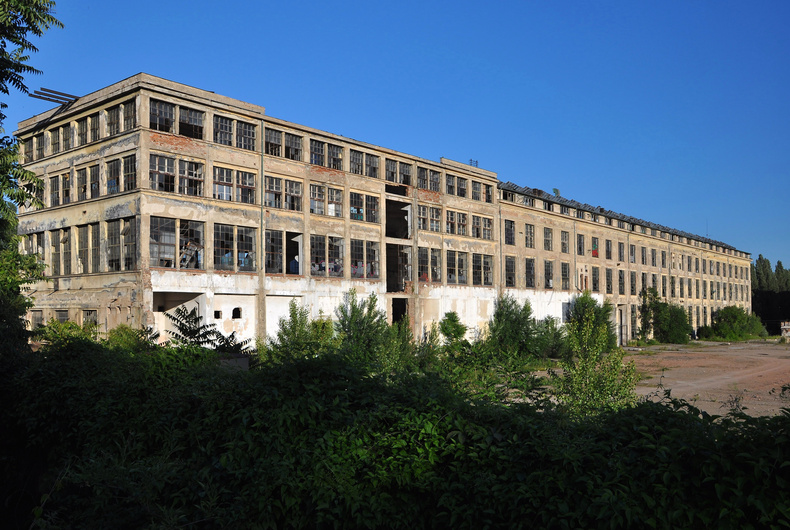Renewal in the West Midlands: Why the Land Remediation Relief consultation deserves attention

Written by PwC director Matthew Greene
If you're involved in development or regeneration in the West Midlands, whether that's housing, logistics, manufacturing or energy, then HM Treasury’s consultation on Land Remediation Relief is something to pay attention to.
It’s not just about tax. It's about whether our region has the tools to bring land back into productive use, support local growth, and regenerate places that matter.
What is land remediation relief?
Land Remediation Relief (LRR) is a corporation tax relief designed to encourage the redevelopment of contaminated or long-term derelict land.
It allows companies to claim an additional 50 per cent tax deduction on qualifying costs - meaning a total deduction of 150 per cent for eligible expenditure (capital or revenue).
For loss-making businesses, there’s also the option to claim 16 per cent (of the 150 per cent) as a payable tax credit (so 24 per cent overall).
To qualify, the land must be contaminated (e.g. asbestos, some hydrocarbons) or derelict (e.g. long-abandoned buildings), and the claimant - or any connected party/person with an interest in the land - must not have caused the issue.
Why LRR matters to the West Midlands
Our region has one of the highest concentrations of brownfield land in the UK, a legacy of industrial strength, but also a challenge for modern development.
Sites across Birmingham, Coventry, Dudley, Walsall, Wolverhampton and beyond face -
- Complex contamination and/or dereliction issues
- Long and uncertain viability assessments
- Planning processes and redevelopment plans that can be influenced by underlying cost risks
LRR was designed to help (offering a tax incentive for companies cleaning up land) but many who try to access it know it’s not working as effectively as it could.
What’s are the roadblocks?
The relief, in its current form, is tightly defined and difficult to access -
- For remediation claims it excludes land where the company (or a connected party/landowner) was responsible for contamination - even decades ago (this is the "polluter pays" principle).
- For dereliction claims it requires evidence that dereliction has existed since 1998, making it hard to apply to many real-world sites.
- Certainty often arrives too late in the funding lifecycle to affect viability decisions.
The value is significant, but the process is complex, and the risk of ineligibility is high.
Why now?
HM Treasury has launched an open and wide-ranging review.
Their consultation (open until 15 September 2025) invites views on whether the current design is effective, and whether a new model is needed.
Reforms to the "polluter pays" principle would be welcomed by many businesses, while an update to the derelict land date could unlock many sites.
One option floated is moving to an above-the-line tax credit, which could provide developers with greater incentive and confidence much earlier in the process.
For the West Midlands, this is an opportunity to;
- Shape how regeneration is supported across the region
- Ensure that policy recognises the unique challenges of post-industrial cities and towns
- Help get good projects off the ground - faster, and with more certainty
How to get involved
We’d encourage businesses in the region - developers, landowners, local authorities, energy and infrastructure operators, investors and others - to engage with this review.
It’s a moment to speak up on behalf of the sites that don’t fit neat policy boxes, but which have real potential to deliver jobs, homes, and community value.
The consultation is open to everyone - with responses due by 15 September. If you'd like to talk it through, get a summary, or talk about your own submission, feel free to get in touch.
